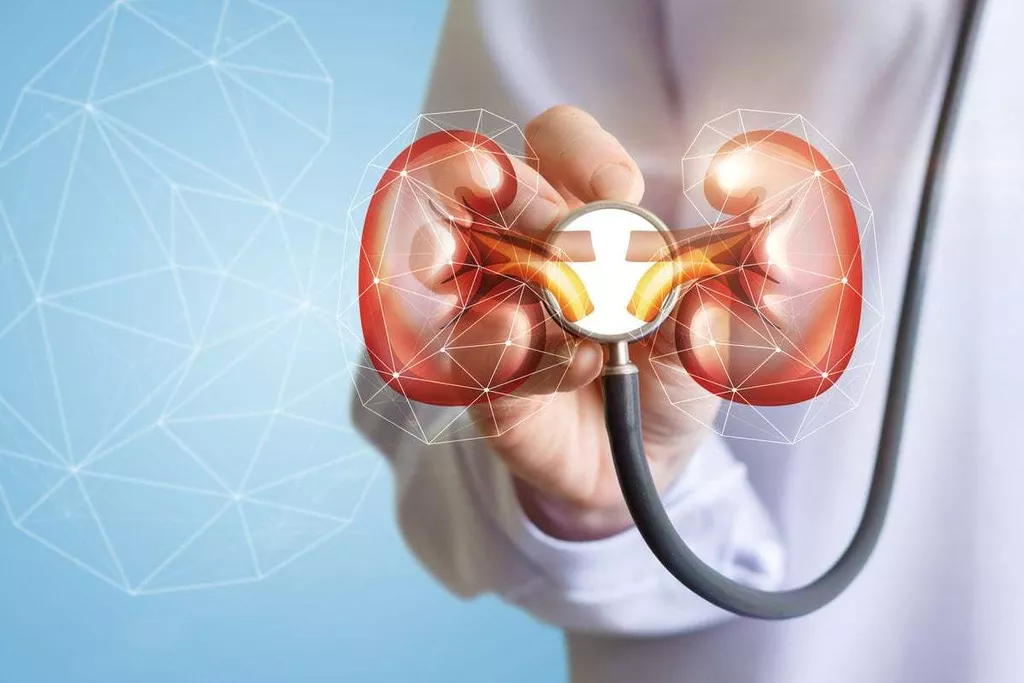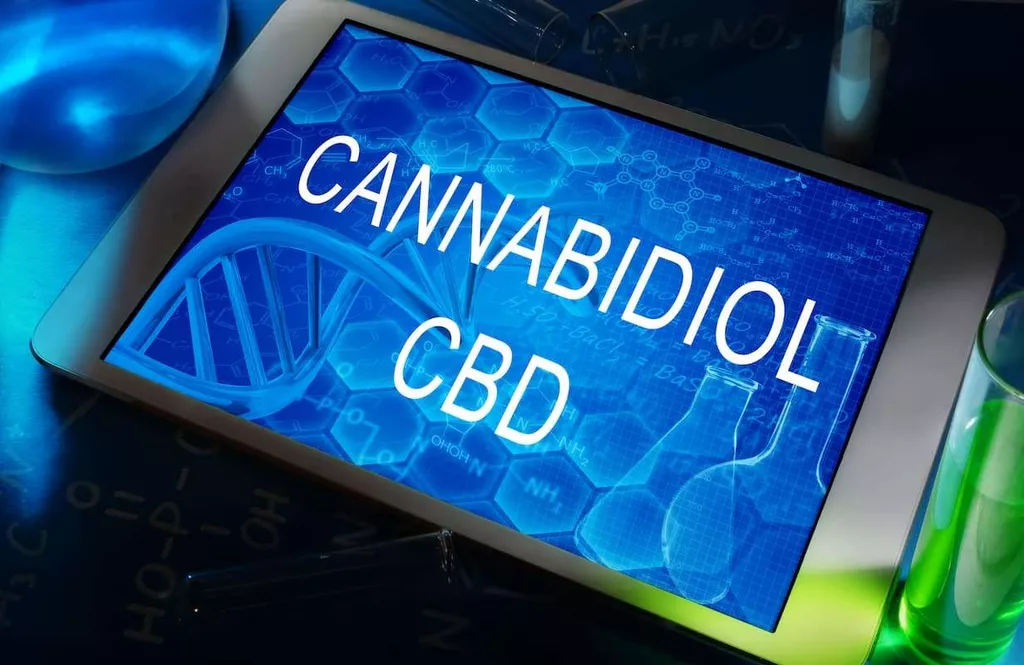Abstinence Violation Effect AVE

The RP model proposes that at the abstinence violation effect cessation of a habit, a client feels self-efficacious with regard to the unwanted behaviour and that this perception of self-efficacy stems from learned and practiced skills3. In a prospective study among both men and women being treated for alcohol dependence using the Situational Confidence Questionnaire, higher self-efficacy scores were correlated to a longer interval for relapse to alcohol use8. The relationship between self-efficacy and relapse is possibly bidirectional, meaning that individuals who are more successful report greater self-efficacy and individuals who have lapsed report lower self-efficacy4. Chronic stressors may also overlap between self-efficacy and other areas of intrapersonal determinants, like emotional states, by presenting more adaptational strain on the treatment-seeking client4.

Medical Director, Board Certified in Addiction Medicine
Again, this reaction is fueled by the AVE, where the perceived violation of their recovery goals triggers a cascade of negative emotions and maladaptive coping strategies. The AVE in addiction is systemic, and some experts believe that too few treatment modalities identify both the mechanisms that lead to addictive disorders and the ones that keep them in place, even years after a client seems to have recovered. It can also support the development of healthier attitudes toward lapses and the possibility of relapse at some point in time. So while the AVE is not a concept that relates only to addiction, strong symptoms of it can be present in substance use disorder situations. Addiction can so often be shrouded in layers of shame, blame, and misunderstanding. It’s an important part of any recovery program to address these preconceived notions of addiction and paint a more accurate portrait with the level of compassion, self-awareness, and support that is so essential to addiction recovery.

What experiencing the AVE may feel like

Depending on the substance used, addiction may also have the potential to damage the brain itself. For example, ongoing use of the drug methamphetamine may be toxic to brain cells. Taylor may think, “All that good work down the drain, I am never going to be able to keep this up for my life.” Like Jim, this may also trigger a negative mindset and a return to unhealthy eating and a lack of physical exercise.
Adopting a sense of compassion
Similar to the reward thought, you may have another common thought after a period of sobriety. When you’ve experienced some success in your recovery, you may think that you can return to drug or alcohol use and control it. You may think that this time will be different, but drug addiction if your drinking and drug use has gotten out of control in the past, it’s unlikely to be different this time. People in addiction recovery often experience drug cravings when they go through stress. Addiction rewires the brain to consider drug use an important source of reward.
- She is a current member of the Golden Key International Honor Society and the Delta Epsilon Iota Honor Society.
- I have lost all that time,” which can trigger a self-destructive mindset and potentially lead to further relapse.
- Taylor uses an app to watch her intake of calorie limit and does see positive outcomes to her new lifestyle.
- This can lead to a full relapse by making someone believe that because they’ve already messed up, there is no hope of achieving sobriety.
- A single lapse does not have to result in a downward spiral of additional lapses and prolonged relapse, and a significant period of relapse does not have to culminate in a lifelong powerlessness over addictive behavior.
A single lapse does not have to result in a downward spiral of additional lapses and prolonged relapse, and a significant period of relapse does not have to culminate in a lifelong powerlessness over addictive behavior. Having healthy and effective coping strategies in place to anticipate a lapse or relapse can be pivotal, because the likelihood of never again lapsing into an addictive behavior is often quite low. Alternatively, consider someone in recovery from binge eating disorder who has been working on intuitive eating and breaking the cycle of restrictive dieting. One day, they feel overwhelmed by stress and turn to binge eating as a coping mechanism, consuming large quantities of food in a short period. Following this binge episode, they experience shame, guilt, and self-criticism for “falling back” into old patterns. They may engage in compensatory behaviors like strict dieting or purging to counteract the perceived failure.
- For example, ongoing use of the drug methamphetamine may be toxic to brain cells.
- Specific intervention strategies include helping the person identify and cope with high-risk situations, eliminating myths regarding a drug’s effects, managing lapses, and addressing misperceptions about the relapse process.
- Depending on the substance used, addiction may also have the potential to damage the brain itself.
- The relationship between self-efficacy and relapse is possibly bidirectional, meaning that individuals who are more successful report greater self-efficacy and individuals who have lapsed report lower self-efficacy4.
- Cori’s key responsibilities include supervising financial operations, and daily financial reporting and account management.
These rectifying steps usually include changing external elements rather than finding a magic button of willpower. By understanding the abstinence violation effect and implementing strategies to manage it in eating disorder recovery, you can cultivate resilience, self-compassion, and sustainable progress toward healing and well-being. Remember, recovery is a journey, and every step forward is worth celebrating. Amanda Marinelli is a Board Certified psychiatric mental health nurse practitioner (PMHNP-BC) with over 10 years of experience in the field of mental health and substance abuse. Amanda completed her Doctor of Nursing Practice and Post Masters Certification in Psychiatry at Florida Atlantic University.

Tips for Rebuilding Life After Rehab
- Having healthy and effective coping strategies in place to anticipate a lapse or relapse can be pivotal, because the likelihood of never again lapsing into an addictive behavior is often quite low.
- Those who drink the most tend to have higher expectations regarding the positive effects of alcohol9.
- If you were initially treated for an addiction disorder, that therapist can provide additional help.
As of 2020, the number of drug-involved overdose deaths reached an all-time high of 91,799, according to the National Institute on Drug Abuse. At least 74.8% of those deaths involved opioids, 14% involved heroin, 26% involved psychostimulants, primarily… What is the abstinence violation effect, and what are the signs of a coming relapse? Her over 15 years’ experience working in healthcare administration and management quickly launched her into a leadership role.
